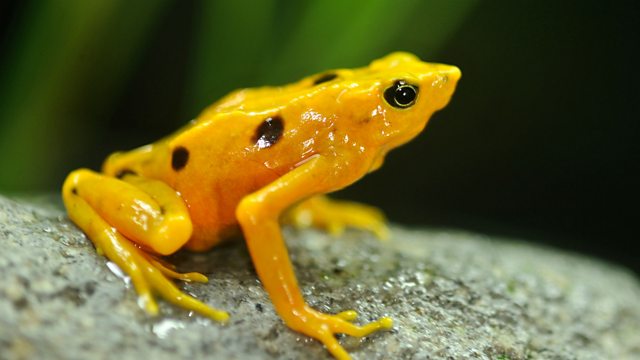Can nature be saved?
How do we change our behaviour to prevent the destruction of more eco-systems and a million species going extinct?
Biodiversity – that’s the subject of a major report from the UN this week – and it comes with an alarming warning: the variety and fabric of life on earth is in rapid decline all over the planet. Because of human behaviour, nearly a million species are facing extinction and many ecosystems are being irreversibly degraded. Using knowledge from both scientists and indigenous groups, the report highlights threats to clean water and air, and warns that soil damage could make it impossible to curb climate change. The solution? Sweeping and radical change, says the UN. We’ll look at the severity of this crisis that faces us all. And we’ll ask: how can people, businesses and governments be made to value nature? This week, Celia Hatton is joined by a group of experts to discuss what can be done to save life on earth.
Last on
More episodes
Previous
Contributors
Benjamin Burkhard - Landscape ecologist at the University of Hannover in German
Elizabeth Robinson - Professor of Environmental Economics at the University of Reading
Doug Parr - Chief Scientist with Greenpeace
Also featuring:
Dave Clarke - Head of Invertebrates at ZSL London Zoo��Matt McGrath - Environment correspondent for ���˿��� News��
Charles Meshack - Executive Director of the Tanzania Forest Conservation Group��
Richard Roberts - Nobel Prize winning Biochemist and molecular biologist
��
��
Photo
��
Panamanian Golden Frog by Kike Calvo/UIG via Getty Images
Broadcasts
- Fri 10 May 2019 08:06GMT���˿��� World Service
- Fri 10 May 2019 23:06GMT���˿��� World Service
- Sat 11 May 2019 02:06GMT���˿��� World Service Australasia & Americas and the Caribbean only
- Sat 11 May 2019 03:06GMT���˿��� World Service except Americas and the Caribbean & Australasia
The Real Story Podcast
Subscribe via your favourite podcast app...
Podcast
-
![]()
The Real Story
Global experts and decision makers discuss, debate and analyse a key news story.


